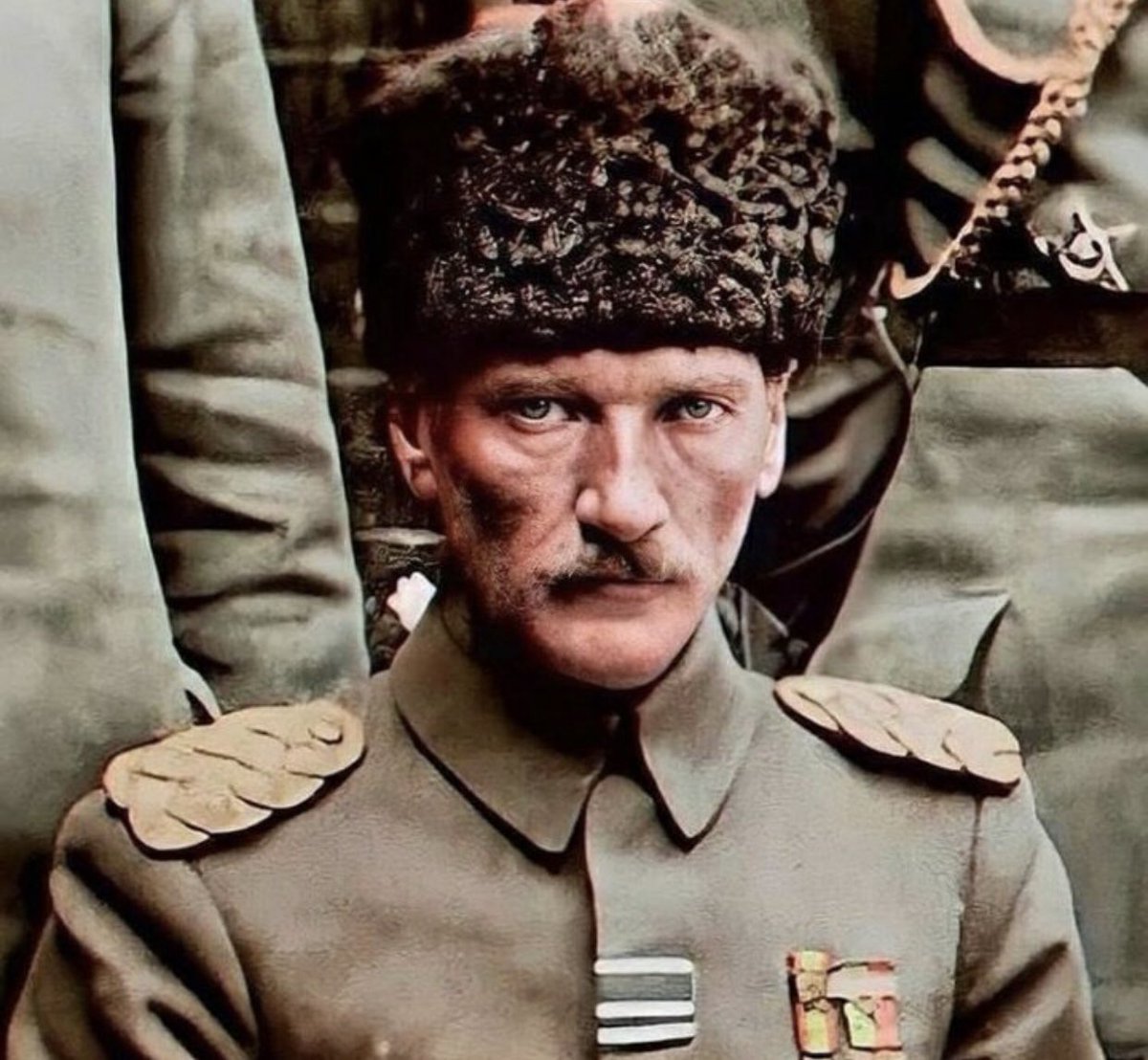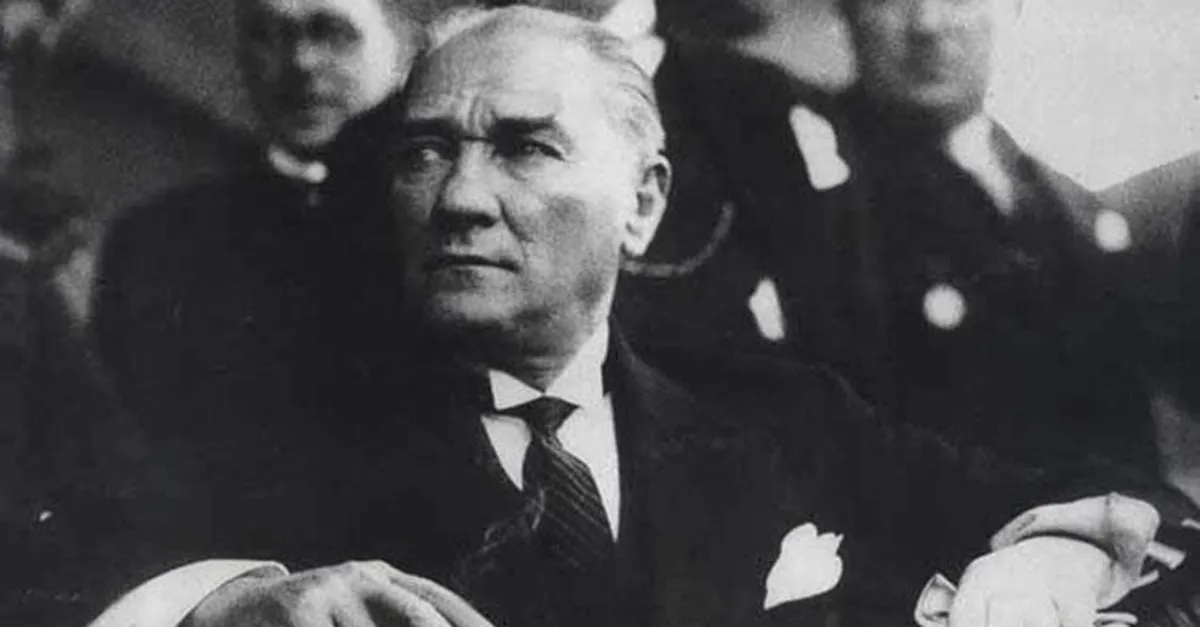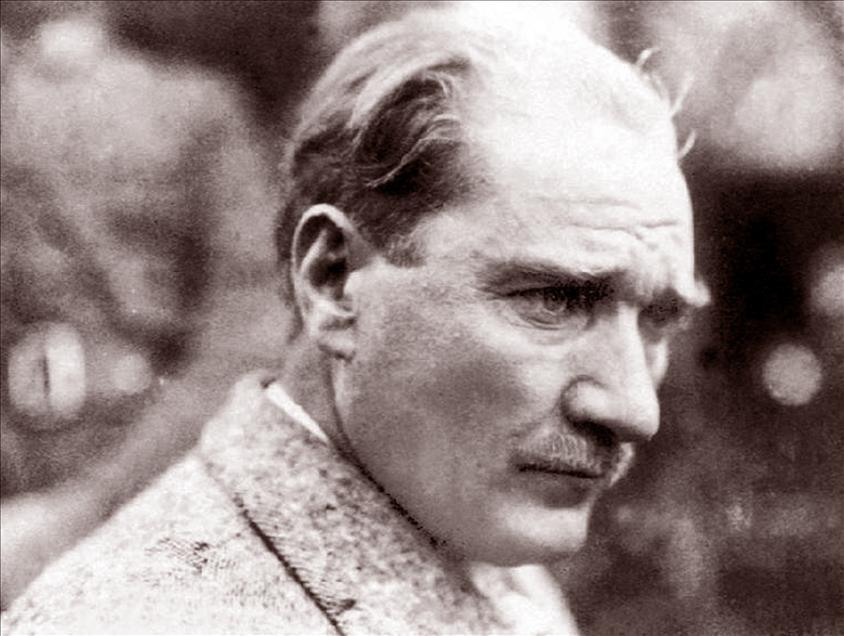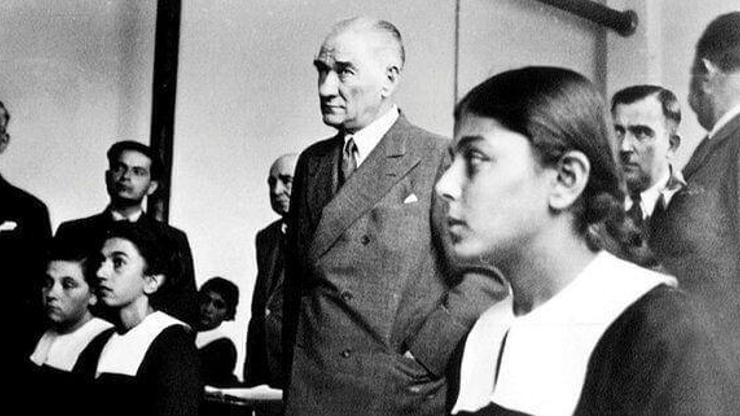"Mustafa Kemal Atatürk: The Architect of Modern Turkey"
Mustafa Kemal Atatürk, the founder and first president of the Republic of Turkey, is a figure of immense historical significance. His visionary leadership and relentless efforts to modernize Turkey have left an indelible mark on the nation's history and continue to shape its future. Born in 1881 in Salonica, then part of the Ottoman Empire, Atatürk's early life was marked by his pursuit of education and a military career. He attended various military schools, eventually graduating from the Ottoman Military Academy and the Ottoman Military College. His military prowess and strategic acumen were evident during World War I, where he successfully defended the Gallipoli Peninsula against a British-led invasion.
Born in 1881 in Salonica, then part of the Ottoman Empire, Atatürk's early life was marked by his pursuit of education and a military career. He attended various military schools, eventually graduating from the Ottoman Military Academy and the Ottoman Military College. His military prowess and strategic acumen were evident during World War I, where he successfully defended the Gallipoli Peninsula against a British-led invasion. Following the defeat of the Ottoman Empire in World War I and the subsequent occupation by the Allied powers, Atatürk embarked on a mission to liberate and rebuild Turkey. He led the Turkish War of Independence from 1919 to 1922, culminating in the establishment of the Republic of Turkey on October 29, 1923. Atatürk was elected the first president of the new republic, a position he held until his death in 1938.
Following the defeat of the Ottoman Empire in World War I and the subsequent occupation by the Allied powers, Atatürk embarked on a mission to liberate and rebuild Turkey. He led the Turkish War of Independence from 1919 to 1922, culminating in the establishment of the Republic of Turkey on October 29, 1923. Atatürk was elected the first president of the new republic, a position he held until his death in 1938. As president, Atatürk embarked on a series of sweeping reforms aimed at transforming Turkey into a modern, secular, and democratic state. These reforms, known collectively as the "Atatürk's Reforms," touched virtually every aspect of Turkish life.
As president, Atatürk embarked on a series of sweeping reforms aimed at transforming Turkey into a modern, secular, and democratic state. These reforms, known collectively as the "Atatürk's Reforms," touched virtually every aspect of Turkish life.
One of the most significant reforms was the adoption of a new legal code, inspired by European models, which replaced the outdated Ottoman legal system. The new code granted equal rights to women, including the right to vote and hold public office, making Turkey one of the first countries in the world to do so.
Atatürk also pursued a policy of secularism, separating religion from state affairs. He abolished the Islamic caliphate, closed religious schools, and replaced the Islamic legal system with a secular one. He also introduced the Latin alphabet, replacing the Arabic script, and encouraged the adoption of surnames, taking the name Atatürk, meaning "Father of the Turks." Economic reforms were another crucial aspect of Atatürk's vision for modern Turkey. He implemented policies that promoted industrialization, agriculture, and infrastructure development, laying the foundation for a thriving economy.
Economic reforms were another crucial aspect of Atatürk's vision for modern Turkey. He implemented policies that promoted industrialization, agriculture, and infrastructure development, laying the foundation for a thriving economy.
Atatürk's commitment to education was also evident in his reforms. He established a secular and coeducational system, greatly expanded access to education, and launched campaigns to combat illiteracy. In foreign policy, Atatürk pursued a "peace at home, peace abroad" strategy, seeking to maintain friendly relations with Turkey's neighbors and promote international cooperation.
In foreign policy, Atatürk pursued a "peace at home, peace abroad" strategy, seeking to maintain friendly relations with Turkey's neighbors and promote international cooperation.
Atatürk's death on November 10, 1938, marked the end of an era but not the end of his influence. His legacy lives on in the principles and values that continue to guide Turkey today.
In conclusion, Mustafa Kemal Atatürk's visionary leadership and transformative reforms have left an indelible mark on Turkey's history. His unwavering commitment to modernization, secularism, and democracy has shaped the nation's identity and continues to serve as an inspiration for future generations.
































































